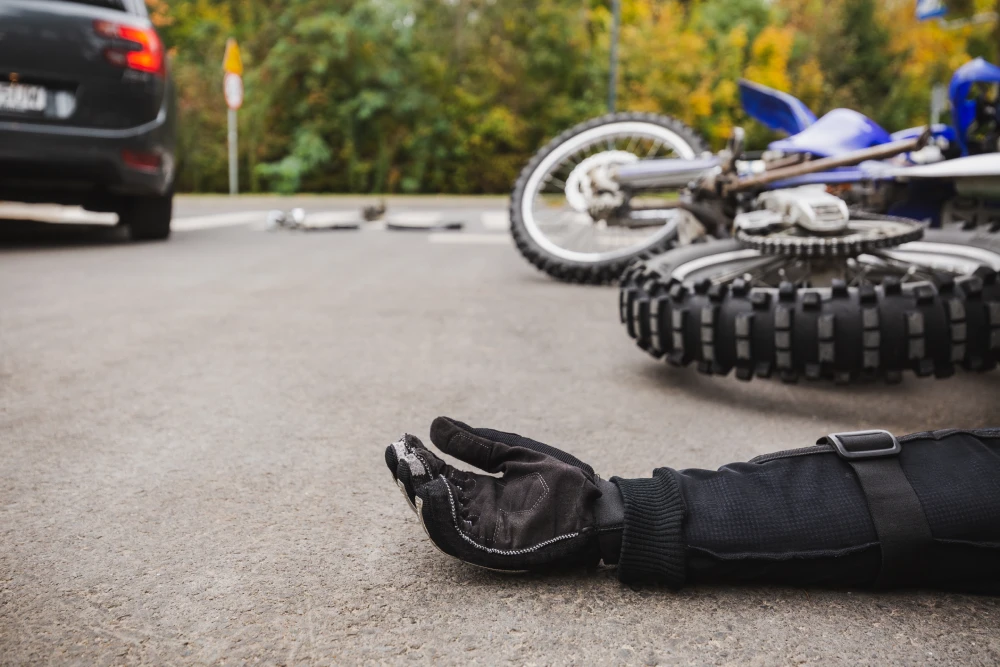 18-wheelers and commercial rigs haul heavy and sometimes hazardous cargo across Louisiana every day. These big rigs are moving everything from loose gravel and lumber to toxic chemicals. According to the Commercial Vehicle Safety Alliance, failure to adequately secure cargo is one of the most common violations for commercial truckers, who must follow federal guidelines for the loading and securement of all cargo. There are Federal Motor Carrier Safety Regulations designed to prevent fallen debris accidents, which claim dozens of lives each year.
18-wheelers and commercial rigs haul heavy and sometimes hazardous cargo across Louisiana every day. These big rigs are moving everything from loose gravel and lumber to toxic chemicals. According to the Commercial Vehicle Safety Alliance, failure to adequately secure cargo is one of the most common violations for commercial truckers, who must follow federal guidelines for the loading and securement of all cargo. There are Federal Motor Carrier Safety Regulations designed to prevent fallen debris accidents, which claim dozens of lives each year.
If you’ve been injured because of fallen debris or loose cargo that fell off a big rig, human error is likely to blame. A properly loaded and secured item doesn’t randomly fall into the highway. In many cases, a careless driver may have forgotten to double-check tie downs, or make adjustments to ensure the cargo was well-balanced. Other times, they may have used old or damaged bungee cords, chains, winches or other securement devices that were not strong enough for the job at hand.
Louisiana residents need to understand potential dangers of fallen debris caused by unsecured cargo. Considering the hundreds of tractor trailers on our state’s freeways and roads, they are much like ticking time bombs.
What to do after a fallen debris accident
After any type of injury-causing crash involving loose or fallen cargo, it’s critical to speak with an experienced truck accident attorney as soon as a police report is filed and you’ve sought medical attention. Whether a steal beam rolled off and struck your vehicle, or you were forced to swerve because of gravel that spilled off a big rig, you need to call 911 and report the accident immediately. Since pictures of the fallen debris and crash scene are valuable evidence, taking photos or video with your cell phone is highly recommended. However, do not attempt to move the debris yourself. The sooner you retain legal counsel, the quicker your attorney can begin investigations into which party or parties may be held liable in a court of law. A personal injury claim can seek reparations for medical bills, lost wages, repair costs, out-of- pocket expenses and other monetary damages that were sustained in the accident.
Investigating liable parties
There are strict regulations set forth by the Federal Motor Carrier Safety Administration regarding the safe and proper securement of heavy cargo on large trucks. These guidelines are designed to ensure weight loads are balanced, and to keep cargo from shifting while in transit. Within Louisiana, commercial vehicle drivers must obey state laws on load weights determined by the number of axles. If investigations uncover that the tractor trailer did not comply with state or federal safety regulations, a number of parties may be held legally responsible. A competent lawyer will be able to ascribe liability to the negligent parties, which may be the commercial vehicle driver, the company that employs the driver, or even a third-party loading company.
An attorney who is skilled in handling commercial vehicle and trucking accidents will work with accident reconstruction experts to determine if the trucker followed state and federal transportation standards.
Free case review in Louisiana
Lafayette truck accident attorney Bart Bernard is well-versed in trucking industry rules and regulations regarding the securement and transportation of cargo for inter and intra state travel. If you or a loved one was injured in a loose debris or cargo spill accident, please call our Lafayette or Baton Rouge offices for a free consultation.
Additional Loose Cargo Truck Accident Resources:
- Truckinginfo.com, Top 5 Cargo Securement Violations http://www.truckinginfo.com/article/story/2012/02/top-5-cargo-securement-violations.aspx
- FMCSA, Truck Cargo Securement Rules https://www.fmcsa.dot.gov/regulations/cargo-securement/cargo-securement-rules
- National Highway Transportation Safety Administration, Large Truck Crash Causation Study http://www-nrd.nhtsa.dot.gov/Pubs/810646.pdf



